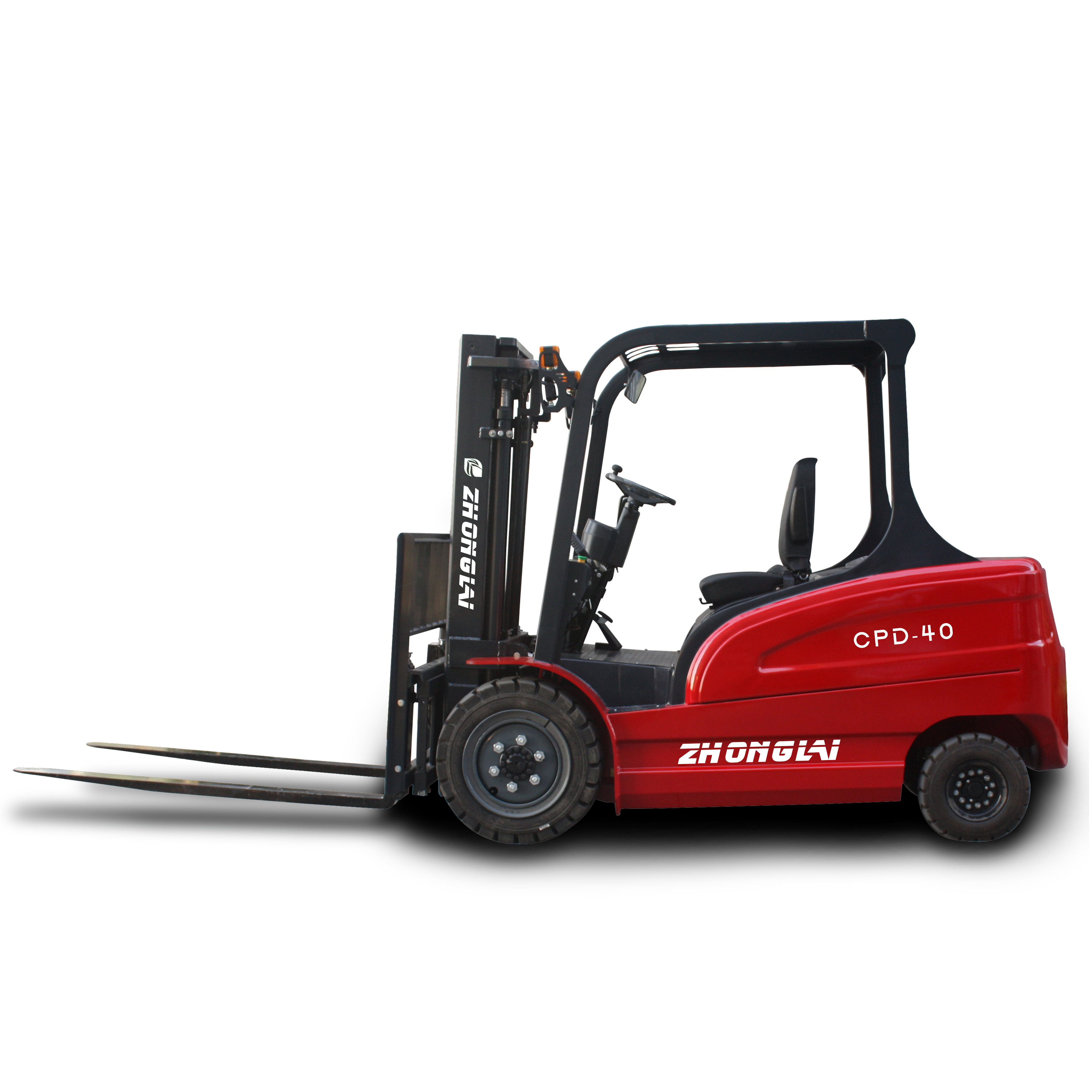Exploring the Advantages of Mini Electric Forklifts for Efficient Material Handling
Mar 15,2025

In the ever-evolving landscape of material handling and transportation, mini electric forklifts have emerged as a pivotal solution for businesses seeking efficiency and flexibility. These compact machines are particularly advantageous in environments where space is limited, yet the need for heavy lifting persists.
Mini electric forklifts are designed to maneuver easily in tight spaces, making them ideal for warehouses and distribution centers that require optimal space utilization. Their small size does not compromise their power; these forklifts are capable of lifting substantial weights while maintaining a small footprint. This allows businesses to maximize their storage capabilities without sacrificing accessibility or operational efficiency.
One of the standout features of mini electric forklifts is their eco-friendliness. They operate on electric power, which significantly reduces carbon emissions compared to traditional fuel-powered forklifts. This not only helps in complying with stricter environmental regulations, but also appeals to businesses that prioritize sustainability in their operations. Moreover, the lower noise levels of electric forklifts contribute to a more pleasant work environment, enhancing overall employee satisfaction.
Another noteworthy aspect of mini electric forklifts is their versatility. They can be equipped with various attachments and accessories, enabling them to perform a wide range of tasks beyond standard lifting. For instance, they can be used for stacking, unloading, and transporting goods across different types of surfaces. This adaptability makes them suitable for various industries, including retail, manufacturing, and logistics.
In terms of maintenance, mini electric forklifts generally require less upkeep than their internal combustion counterparts. Their simpler design and fewer moving parts reduce the likelihood of mechanical issues, translating to lower operational costs over time. Furthermore, many modern models come with advanced features such as regenerative braking and energy-efficient systems, enhancing their overall performance and reliability.
When considering the use of mini electric forklifts, it is essential to assess your specific operational needs. Understanding the tasks they will perform, the weight capacities required, and the layout of your workspace will ensure that you select a model that best fits your requirements. Moreover, investing in proper training for operators is crucial to maximize the benefits of these machines and maintain safety standards in the workplace.
In conclusion, mini electric forklifts represent a significant advancement in material handling technology. Their compact design, environmental advantages, and versatility make them an attractive option for businesses aiming to enhance productivity while minimizing their ecological footprint. Embracing this innovative equipment can lead to improved operational efficiency and a competitive edge in the transportation and warehousing sectors.
Mini electric forklifts are designed to maneuver easily in tight spaces, making them ideal for warehouses and distribution centers that require optimal space utilization. Their small size does not compromise their power; these forklifts are capable of lifting substantial weights while maintaining a small footprint. This allows businesses to maximize their storage capabilities without sacrificing accessibility or operational efficiency.
One of the standout features of mini electric forklifts is their eco-friendliness. They operate on electric power, which significantly reduces carbon emissions compared to traditional fuel-powered forklifts. This not only helps in complying with stricter environmental regulations, but also appeals to businesses that prioritize sustainability in their operations. Moreover, the lower noise levels of electric forklifts contribute to a more pleasant work environment, enhancing overall employee satisfaction.
Another noteworthy aspect of mini electric forklifts is their versatility. They can be equipped with various attachments and accessories, enabling them to perform a wide range of tasks beyond standard lifting. For instance, they can be used for stacking, unloading, and transporting goods across different types of surfaces. This adaptability makes them suitable for various industries, including retail, manufacturing, and logistics.
In terms of maintenance, mini electric forklifts generally require less upkeep than their internal combustion counterparts. Their simpler design and fewer moving parts reduce the likelihood of mechanical issues, translating to lower operational costs over time. Furthermore, many modern models come with advanced features such as regenerative braking and energy-efficient systems, enhancing their overall performance and reliability.
When considering the use of mini electric forklifts, it is essential to assess your specific operational needs. Understanding the tasks they will perform, the weight capacities required, and the layout of your workspace will ensure that you select a model that best fits your requirements. Moreover, investing in proper training for operators is crucial to maximize the benefits of these machines and maintain safety standards in the workplace.
In conclusion, mini electric forklifts represent a significant advancement in material handling technology. Their compact design, environmental advantages, and versatility make them an attractive option for businesses aiming to enhance productivity while minimizing their ecological footprint. Embracing this innovative equipment can lead to improved operational efficiency and a competitive edge in the transportation and warehousing sectors.
PREVIOUS:
Contact Us


